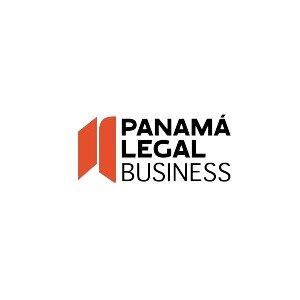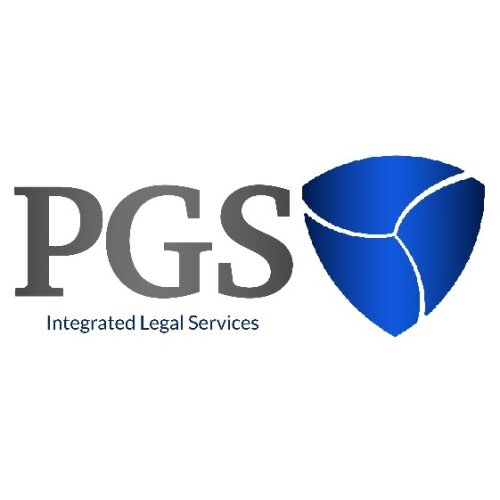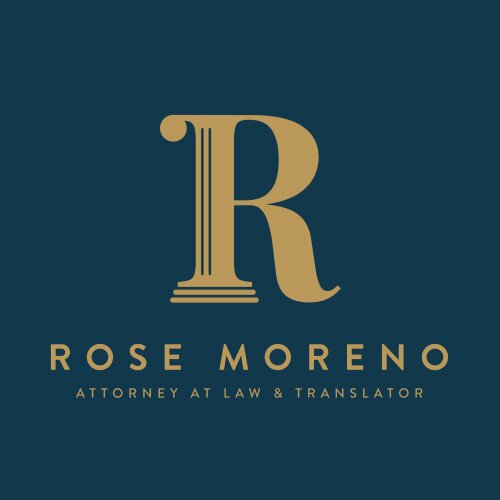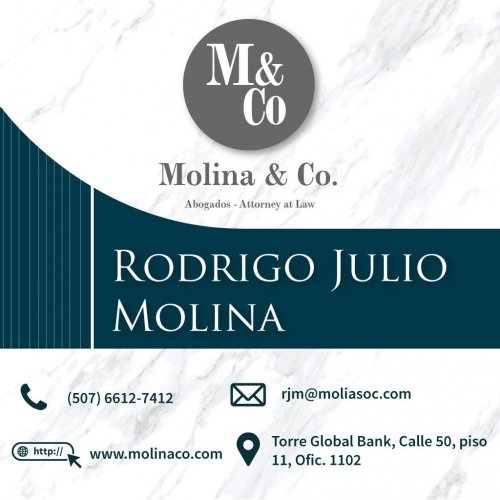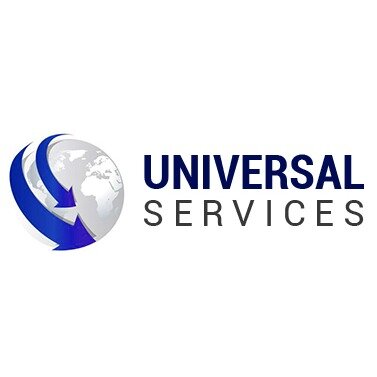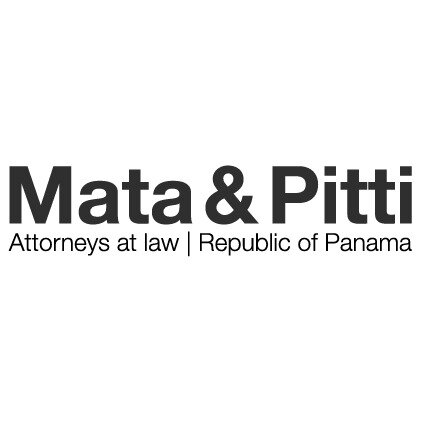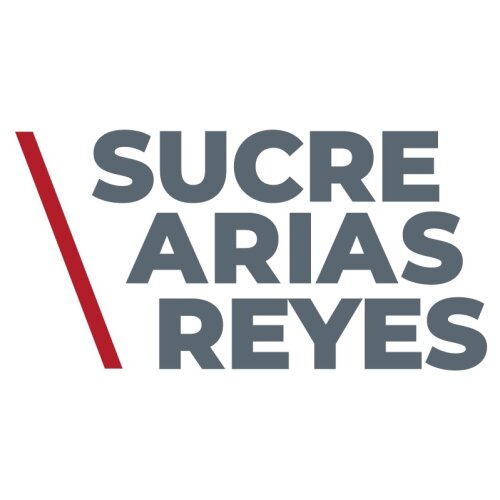Best FDA Law Lawyers in Panama City
Share your needs with us, get contacted by law firms.
Free. Takes 2 min.
List of the best lawyers in Panama City, Panama
About FDA Law in Panama City, Panama
FDA Law in Panama City, Panama refers to the set of legal standards, regulations, and procedures governing the approval, importation, marketing, labeling, safety, and efficacy of food, drugs, cosmetics, and medical devices. While Panama does not have an agency identical to the United States Food and Drug Administration (FDA), it has its own robust regulatory structures led primarily by the Ministry of Health of Panama (Ministerio de Salud, MINSA). These entities oversee that products meet specific health and safety requirements before they reach consumers. The legislation is designed to protect public health, enable access to safe products, and promote fair market practices in the country’s fast-growing life sciences sector.
Why You May Need a Lawyer
Navigating FDA Law in Panama City can be complex due to the technical nature of regulations and the evolving legal landscape. You may need a lawyer specializing in this area in situations such as:
- Registering or importing new pharmaceutical products, medical devices, or food supplements
- Ensuring compliance with local labeling and advertising regulations
- Responding to import hold-ups or product seizures at customs
- Dealing with product recalls or regulatory enforcement actions
- Contesting regulatory decisions or sanctions imposed by authorities
- Obtaining sanitary registrations or licenses from Panamanian health authorities
- Receiving guidance on clinical trials or product testing requirements
- Protecting intellectual property related to life sciences products
An experienced legal professional can help you understand your obligations, avoid costly mistakes, and ensure smooth entry or continuity in the Panamanian market.
Local Laws Overview
Panama regulates food, drug, medical device, and cosmetic safety and efficacy primarily through the General Health Law (Law 66 of 1947, as updated), the Law 1 of 2001 concerning medicines and related products, and supplemental decrees. Key agencies involved are the Ministry of Health (MINSA), the National Directorate of Pharmacies and Drugs (Dirección Nacional de Farmacia y Drogas), and the Panamanian Food Safety Authority (Autoridad Panameña de Seguridad de Alimentos, AUPSA).
Key aspects of local FDA Law in Panama City include:
- Product Registration: Pharmaceuticals, medical devices, cosmetics, and certain foods must receive sanitary registration prior to importation or sale. Rigorous documentation, quality, safety, and efficacy data are typically required.
- Labeling Requirements: Labels must be accurate, in Spanish, and comply with detailed format and content standards. Mislabeling can result in penalties or denial of registration.
- Advertising Regulations: All promotional material must be reviewed and pre-approved by local regulatory agencies to prevent misleading claims.
- Good Manufacturing Practices (GMP): Companies must comply with GMP standards outlined by Panamanian authorities, mirroring international practices.
- Import Controls: Customs vigilance includes inspection and sometimes testing of incoming products. Violations may trigger delays or administrative sanctions.
- Penalties: Non-compliance can lead to fines, product recalls, suspension or cancellation of registrations, or even criminal prosecution in cases of public endangerment.
Frequently Asked Questions
What products must be registered with Panamanian authorities before sale?
All pharmaceuticals, medical devices, biological products, cosmetics, food supplements, and certain processed foods must be registered with the Ministry of Health or relevant branches before importation or sale.
How long does the sanitary registration process usually take?
Depending on the product complexity and documentation provided, sanitary registration can take anywhere from several months to over a year. Early consultation with experts can help minimize delays.
Can foreign companies register products in Panama?
Yes, but foreign companies must usually appoint a local legal representative or distributor who acts as the applicant for registrations and intermediary with authorities.
What are the penalties for importing unregistered products?
Penalties include seizure and destruction of goods, fines, suspension or cancellation of permits, and, in severe cases, criminal charges.
Are labeling requirements strict in Panama?
Yes, labels must be in Spanish, truthful, approved by authorities, and comply with specific format rules for each product type. Failure to meet these requirements can result in sanctions or rejection of the product.
What permits do clinical trials require in Panama?
Clinical trials must receive ethical committee approval, as well as Ministry of Health authorization, before they begin. Documentation of trial design and participant protection is required.
Can a product registered in another country be sold directly in Panama?
No, even if a product is approved elsewhere, it must be registered according to Panamanian law and meet local standards prior to sale.
Who enforces FDA Law in Panama City?
Regulatory roles are divided among MINSA, the National Directorate of Pharmacy and Drugs, and AUPSA. Customs authorities may also participate in enforcement.
Are there expedited registration pathways for urgent medicines?
In certain cases, such as public health emergencies, the Ministry of Health may expedite registration or issue special import permits for critical medicines or vaccines.
Can decisions by regulatory authorities be appealed?
Yes, affected parties have the right to appeal regulatory decisions throughout a structured administrative process, often with legal assistance.
Additional Resources
For more information or official guidance on FDA Law in Panama City, Panama, you may consider the following resources:
- Ministry of Health of Panama (MINSA) - Oversees policies, approvals, and regulatory enforcement.
- National Directorate of Pharmacy and Drugs - Responsible for registering drugs, devices, and cosmetics.
- Panamanian Food Safety Authority (AUPSA) - Regulates import and safety of food products.
- Customs Authority of Panama (Autoridad Nacional de Aduanas) - Controls introduction of products at borders.
- Panamanian Chamber of Pharmaceuticals (CAPAFAR) - Represents industry interests and may provide guidance to companies entering the market.
- Local law firms specializing in Health and Life Sciences Law - Offer tailored guidance and representation.
Next Steps
If you need legal advice or assistance with FDA Law in Panama City, Panama, start by clearly defining your particular needs, such as product registration, importation, compliance, or dispute resolution. Gather all relevant documents, such as product dossiers, prior correspondences with authorities, and certificates of analysis.
Next, consult with a Panamanian lawyer who specializes in FDA Law or health regulatory matters. Legal professionals can help you understand your obligations, represent you in dealings with authorities, and resolve potential issues efficiently. Reach out to firms with established experience in life sciences regulation and market entry in Panama.
Staying proactive, informed, and well-advised is the most reliable way to ensure ongoing compliance and protect your business or personal interests in Panama’s dynamic regulatory environment.
Lawzana helps you find the best lawyers and law firms in Panama City through a curated and pre-screened list of qualified legal professionals. Our platform offers rankings and detailed profiles of attorneys and law firms, allowing you to compare based on practice areas, including FDA Law, experience, and client feedback.
Each profile includes a description of the firm's areas of practice, client reviews, team members and partners, year of establishment, spoken languages, office locations, contact information, social media presence, and any published articles or resources. Most firms on our platform speak English and are experienced in both local and international legal matters.
Get a quote from top-rated law firms in Panama City, Panama — quickly, securely, and without unnecessary hassle.
Disclaimer:
The information provided on this page is for general informational purposes only and does not constitute legal advice. While we strive to ensure the accuracy and relevance of the content, legal information may change over time, and interpretations of the law can vary. You should always consult with a qualified legal professional for advice specific to your situation.
We disclaim all liability for actions taken or not taken based on the content of this page. If you believe any information is incorrect or outdated, please contact us, and we will review and update it where appropriate.



